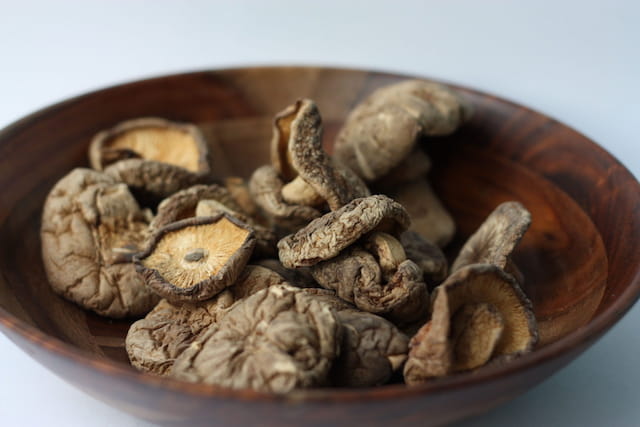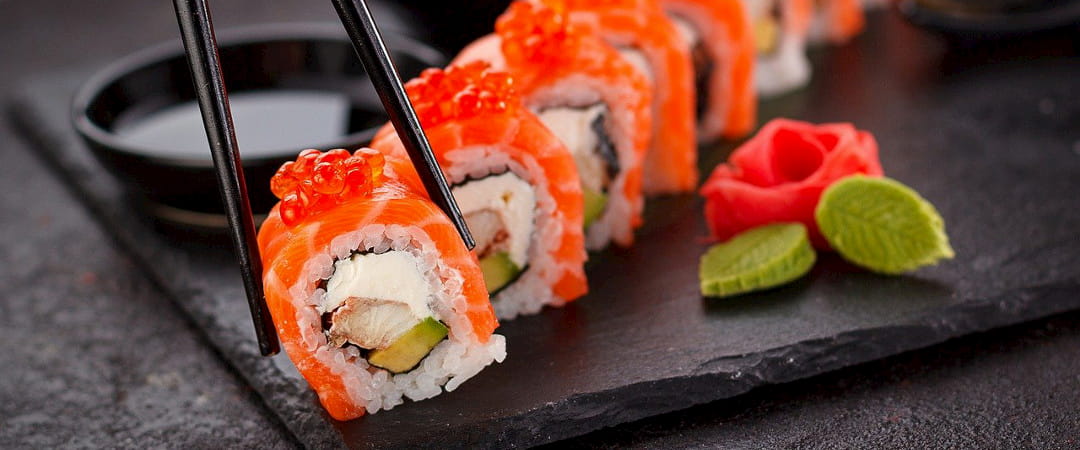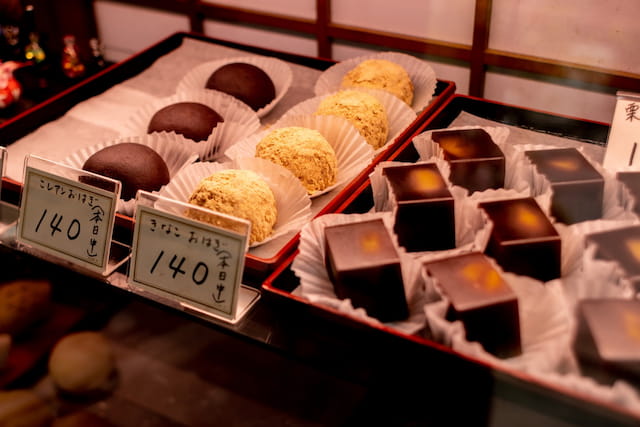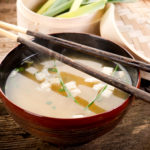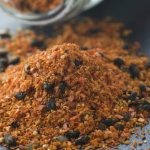The enoki is a type of mushroom originating in Japan, also known by such suggestive names as velvet foot, golden needle or winter mushroom, although its real name is Flammulina velutipes, and it stands out for its flavour and unmistakable characteristics.
It is a thin, white, elongated mushroom, very popular in Asian cuisine, although it has been native to Japan for millennia and has been cultivated there for more than three centuries. Enoki has traditionally been used in Japan, China and Korea to make soups. Like most mushrooms, it was first harvested and then cultivated.
It was then that the growers observed that, by leaving the mushroom in a closed room, without light and with a high concentration of carbon dioxide, the mushroom also grew, but without the characteristic orange colour of its cap, which became noticeably smaller and white, softer for cooking and more attractive to the eye.
Nutritional properties and health benefits of enoki mushrooms
These small, elongated mushrooms are very valuable in Asian cuisine thanks to their mild, fruity flavour, and have also long been used in traditional medicine as a remedy for liver disease, digestive disorders, cholesterol and cancer, as well as to regulate blood pressure.
Their low calorie content – 44 kilocalories per 100 grams – together with their elongated outline, allows the mushrooms to be used as a substitute for pasta or as one of the main ingredients in vegan dishes and low-calorie diets.
In addition, Enoki is rich in fibre, B vitamins, vitamin D and essential minerals such as potassium, iron and phosphorus. It is also high in antioxidants and ergothioneine, a natural amino acid that helps delay or prevent cell damage caused by UV rays or free radicals. And like many other mushrooms, enoki is notable for its high beta-glucan content, which has the ability to strengthen and regulate the immune system.
In 2009, the scientific journal Immunology published studies showing that ingestion of enoki mushroom extracts significantly improved survival rates in rodents previously infected with human papillomavirus, the leading cause of cervical cancer.
Kitchen uses of enoki mushrooms
Enoki mushrooms are quite delicate and only keep fresh and intact for 3-4 days in the refrigerator. Thanks to their fresh, sweet taste, versatility and easy preparation, they are ideal for cooking, which is why their consumption has spread from Asia to the West. They are usually sold in bunches, so just cut off the base to separate them and wash them before cooking.
They can be prepared in different ways, either cooked in a frying pan or raw for salads, but also boiled or baked. Enoki require little cooking time and combine perfectly with meats, vegetarian dishes, seafood and, as mentioned above, as an ideal substitute for pasta. Of course, they are also very suitable for steaming or for making tasty stir-fries with other vegetables. They can also be added to stir-fries, omelettes, soups, risottos and curries. One of the culinary benefits of these mushrooms is that their flavour combines well with many other ingredients, making dishes tastier. Due to their characteristics and their quick cooking time, it is best to add the enoki mushrooms at the end of the preparation, as this is enough for them to cook and keep their flavour and properties intact.
Other information of interest
Wild varieties of enoki can be found in late autumn and during the winter months, when temperatures begin to drop more significantly and there is more rainfall. Cultivated enoki mushrooms, on the other hand, can be found at any time of the year. In Spain, they are sold in shops specialising in Asian food, although it is increasingly common to find them in conventional vegetable stalls. They are also sold canned, although they lose their flavour and their texture becomes more gelatinous.
More and more studies are being published on enoki and its benefits. Here is a list, by way of conclusion, of its many benefits for our bodies:
- Improves the digestive tract.
- Strengthens the immune system and reduces stress.
- Decreases intestinal fat.
- Prevents the risk of anaemia.
- Lowers blood pressure.
- Prevents some allergies.
- Prevents the risk of diabetes.
- Lowers cholesterol.



